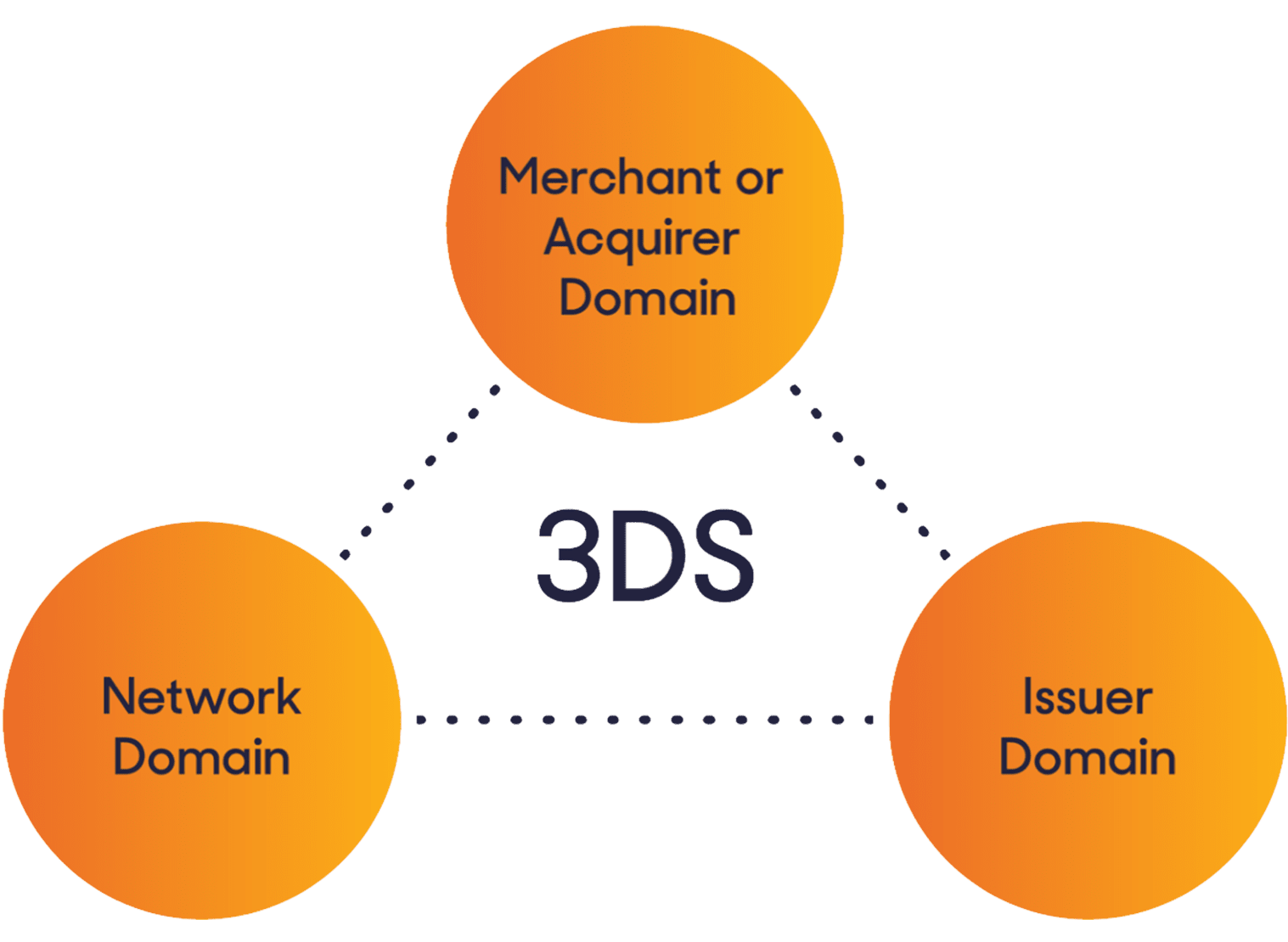
Fraud Management Tools
Reduce fraud risk with proactive security tools
Protect transactions and make informed decisions with fraud monitoring, alerts and compliance validation.
Protect transactions and make informed decisions with fraud monitoring, alerts and compliance validation.

Reduce fraud with free Discover® Enhanced Decisioning
Maintain a seamless consumer experience with our free fraud management solution. Discover Enhanced Decisioning provides issuers with data that helps them make a more informed decision to approve or decline a transaction which increases fraud captures, reduces false declines, and increases authorization rates.

ProtectBuy® helps reduce loss by validating customer identification
ProtectBuy combats card-not-present (CNP) fraud with our Three Domain Secure (3DS) authentication solution that demonstrates near real-time identity verification and provides an optimal customer experience.

Help prevent chargebacks with timely Fraud Alerts
U.S. businesses can take advantage of Fraud Alerts to receive an earlier warning of fraudulent transactions, allowing you to take quick action. Get immediate notification of fraudulent activity and access transaction details to stop order fulfillment, cancel shipments, or return purchases from merchants.
Benefits of the quick response with Fraud Alerts
Fraud Alerts Standard is a free, web-based platform. Premium is available with near real-time notifications, customized reporting, and seamless integration via an API connection.
Quick notification and process
The cardholder or issuer notifies Discover of a fraudulent transaction. The business receives a fraud alert, in near real-time, and can take action.
Access critical data
Get the details of the Discover transactions that have been identified as fraudulent.
Take corrective action
Use fraudulent transaction details to stop order fulfillment, cancel shipments, and return purchases from merchants.
Help minimize loss from future fraud
Strengthen negative files and help identify patterns of fraud to prevent losses in the future.

Get real-time incident information with status updates
Discover® Account Incident Manager (AIM) is a web portal that provides a single point of access to real-time incident information. AIM provides up-to-date details and activity for each case, and proactively alerts users to any changes.

Validate merchant authenticity
Discover Merchant Control is a merchant onboarding tool that provides information to help acquirers make informed decisions about the merchants they choose to partner with. This service is designed to complement their existing fraud prevention and detection tools.
Security-based solutions and resources
Stored Payment Tokens
Ensure your customers’ payment information is more protected in a world of increasing card-not-present (CNP) fraud.
PCI Compliance
Find the information and resources you need to help maintain PCI compliance.
High Brand Risk
Keep every regulated transaction compliant with federal law and Discover Global Network regulations.



